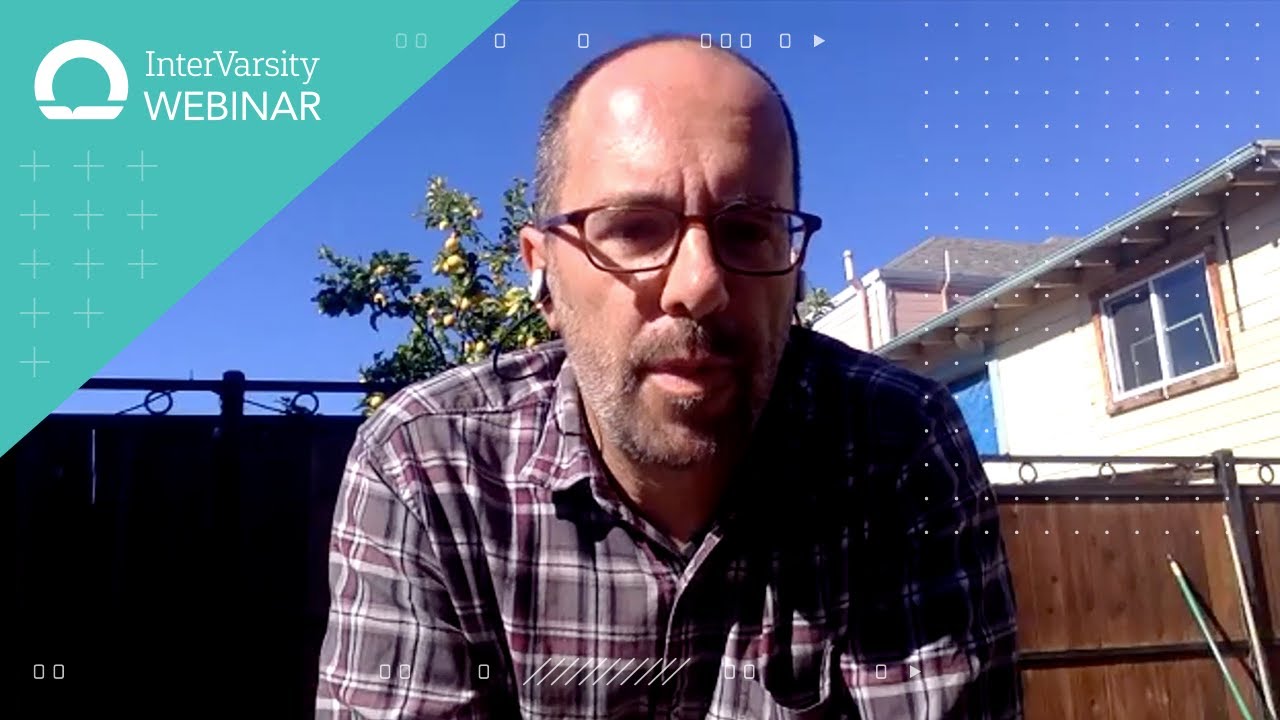I have a heart to reach out to local communities with deep pagan and New Age beliefs. I’m learning how to make the gospel message accessible to them where they’re at, without compromising truth along the way. In so doing, I keep looking at what the modern church offers and am asking myself if we’re missing something.
For some time now, I have been attempting to ponder on the idea of God’s transcendence (His distinction, independence from and existence over creation) being simultaneous with his immanence (His ‘remaining in’ and involvement in creation). Both ideas are brought nicely together in Ephesians 4:6 - “one God and Father of us all, who is above all and through all and in all.”
I’m thinking about this particularly in the context of the natural world around us today. One of the ways in which I personally engage with God is through being in nature. More and more, I’m able to understand and experience a fraction of both God’s transcendence and immanence when I’m surrounded by trees and leaves, birds and wild flowers. These things speak to me of concepts like God “upholding the universe by his word of power” (Heb 1:3). Also, I see the gospel message woven throughout so much in creation (e.g. a caterpillar to butterfly transformation = resurrection, new life; miles long underground myconium networks sending nutrients to whole forests = God’s transforming power working throughout the body of Christ etc), it’s breathtaking!
At the same time, I see a very fine line between moving towards nature to worship God and falling into the trap of worshipping nature. When I think about these things, I’m often reminded of what CS Lewis writes in Chapter 2 of ‘The Four Loves’;
Nature never taught me that there exists a God of glory and of infinite majesty. I had to learn that in other ways. But nature gave the word glory a meaning for me.
This resonates with me so much. Being in nature helps me understand what the Bible has taught me about God. It gives a visual and sensual experience to the words of scripture. Sadly, when someone is not rooted in the words of scripture, they take this experience of nature and apply a different divinity to it. CS Lewis also writes about those suffering from ‘Dark Gods’ i.e. paganism:
Those suffering from Dark Gods can equally use her (I suppose) for their creed. That is precisely the point. Nature does not teach… We must make a detour - leave the hills and woods and go back to our studies , to church, to our Bibles, to our knees. Otherwise the love of nature is beginning to turn into a nature religion".
He has explained so concisely what is happening when someone seeking spiritual understanding turns to nature and goes no further. In stark contrast, the standard church gathering is in a room, filled with technology, synthetic lighting, screens, rows of uniform seats, and rarely any windows. (Also as an aside, I notice how the standard church’s tea, biscuits, cakes and sweets is incredibly off-putting for the New Age community). I know God moves powerfully in every setting, but I do find this disconnection with what He’s made a little distracting for me, and no doubt for many people involved in ‘spirituality’. Yes, worshipping and sharing with brothers and sisters in Christ is being present in God’s creation - a very essential practice - but I hope you understand what I’m trying to say. Most of the time, I’d say these elements of modern church practice fulfil very practical needs. But I am so aware it is off-putting to those we’re evangelising to in the New Age and pagan community.
We have the potential of reaching out to people using nature to reflect concepts of the creator and the Gospel message by going out into the environment that God originally placed us in. At the same time, we have the very big challenge of teaching people that worshipping nature is sinful and that we’re to direct our love to the creator only. I believe that we can all benefit from understanding God’s glory more intimately through being present and more connected to nature.
Is there a way we can step out into the natural world more to engage those with spiritual hunger, without it being at the cost of faithfulness to God and the gospel message?
What can the church be doing differently regarding this? And does anyone have any experience of these things I’ve raised, or aware of Christians who are already engaging in the New Age community this way?
(I appreciate that this is a very niche question!)
